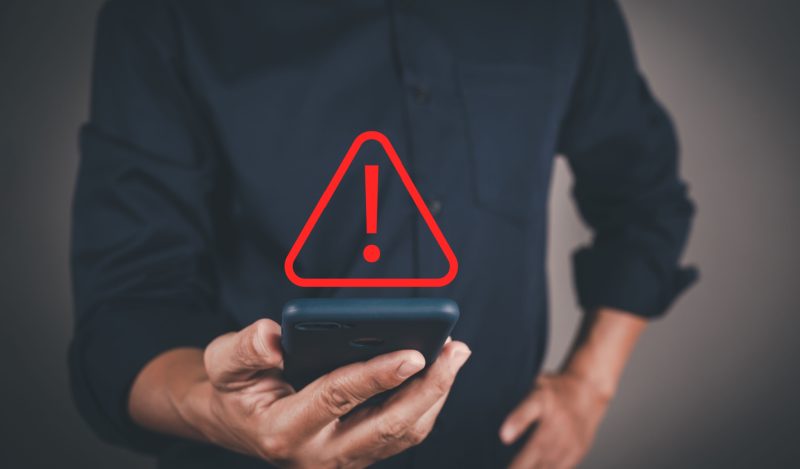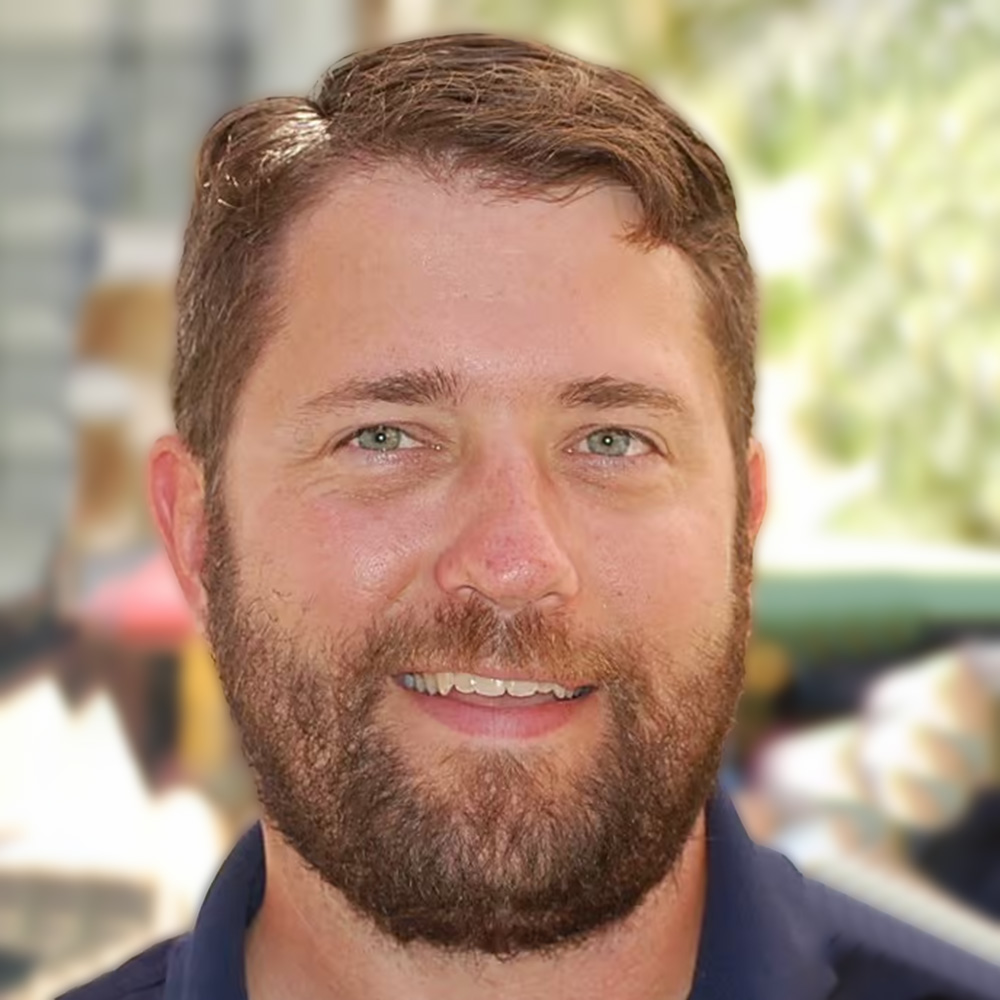I was driving home from a cello lesson when I thought to myself, It is very hazy outside today.
I didn’t think much more of it until about an hour later when my phone notified me of an air quality alert for my county. The air had elevated particulate matter levels that fall within the “unhealthy for sensitive groups” category. Interestingly enough, the alert also mentioned that the general public was not likely to be affected. I didn’t think much of it, and went about my day.
I am a baseball coach at the local little league, and about an hour after the alert, my phone buzzed again with a notification from the baseball league that the soccer, softball, and flag football leagues had all canceled their games and practices. Our little league decided – rightly so – to continue to play the scheduled games that night.
Another hour later, only thirty minutes before the games were to begin, when many of the children and families were already at the field, after the winds had cleared away any remaining haze, my phone vibrated again. The umpires canceled. The league was now canceling the games as well.
I had a team of disappointed children – all part of the healthy general public not likely to be affected – that I had to explain… explain what exactly? That the umpires couldn’t join us on a sunny evening because the visibly clear air was bad? How does one explain miasma?
We ended up scrimmaging one of the other courageous teams until darkness fell. The kids all had fun. Every one of them is still alive and none have had any discernible reaction to the allegedly unhealthy air.
I have thought about this episode a lot in the ensuing weeks. I never remember air quality alerts, and certainly never canceling events on sunny but hazy days.
Was I vastly irresponsible with the children I was charged with protecting? How many used the newfound time to go out to dinner instead? How many stayed inside afraid to venture out into the bad air, trusting their air conditioning system to prevent the bad air from spreading inside their home? Why wasn’t the air quality alert sent before I was able to notice the visible haze? For vulnerable people, how useful is an alert if it is late?
I recalled a Chemistry teacher I had in college. We were performing an experiment where we had solutions of some sort, and a measurement tool called a spectrophotometer. The professor – a bit of an oddball – was talking about the tool and humanity’s ability to measure things to an increasingly finite degree. He used the example of fecal matter in water supplies. We have the capability to measure fecal matter down to several parts per million. Then he posed the question, “At what measurement does it become dangerous? Two parts per million? Three?”
The professor’s point was that we have the ability to measure, but not understand confounding factors by using only the numeric value of the measurement. Indeed, the units are often so obscure that even people who work with them for years, and make important decisions based on these measurements, often have little sense of how to relate contamination to cause or effect in any quantitative way.
Ironically enough, often our own eyes and critical thinking are of utmost importance. If we see thick black smoke drifting out of a building we should stay away. When we are caught in a plume of smoke wafting away from a grill or a campfire, we quickly move to clean air.
Other risks we cannot sense, and we do need measurement tools for. Carbon monoxide detectors and the scent added to residential gas lines are life-savers.
If we use our ability to measure without any additional context, we can continue to add alerts until normal life is impossible. What would happen if there were official alerts for temperatures 0.001 degrees higher or lower than the normal range, wind speeds in excess of 15 mph, the UV index being too strong, cloud cover too low, or the chance of rain too high? Should we cancel events? Stay home? Stay safe?
Of course it is noble to protect the vulnerable, but is there any sense — any virtue — in preventing the non-vulnerable’s pursuit of happiness? It is clear that when the vibrations in our pockets assert unhealthy conditions for sensitive groups, events will be canceled.
This may be the unfortunate lesson and sadly a lasting effect of the COVID years.
How many of the new virtues like masking and distancing are worthwhile? How many have we collectively retained? How many would we still stand by? Should caution always be the rule? To the detriment of joy?
These rhetorical questions are important because we already know the answers.
We could have played baseball. We did play baseball.
All of the kids; All of the parents; Everyone risking a visit to the park — had fun!
Join the conversation:

Published under a Creative Commons Attribution 4.0 International License
For reprints, please set the canonical link back to the original Brownstone Institute Article and Author.









